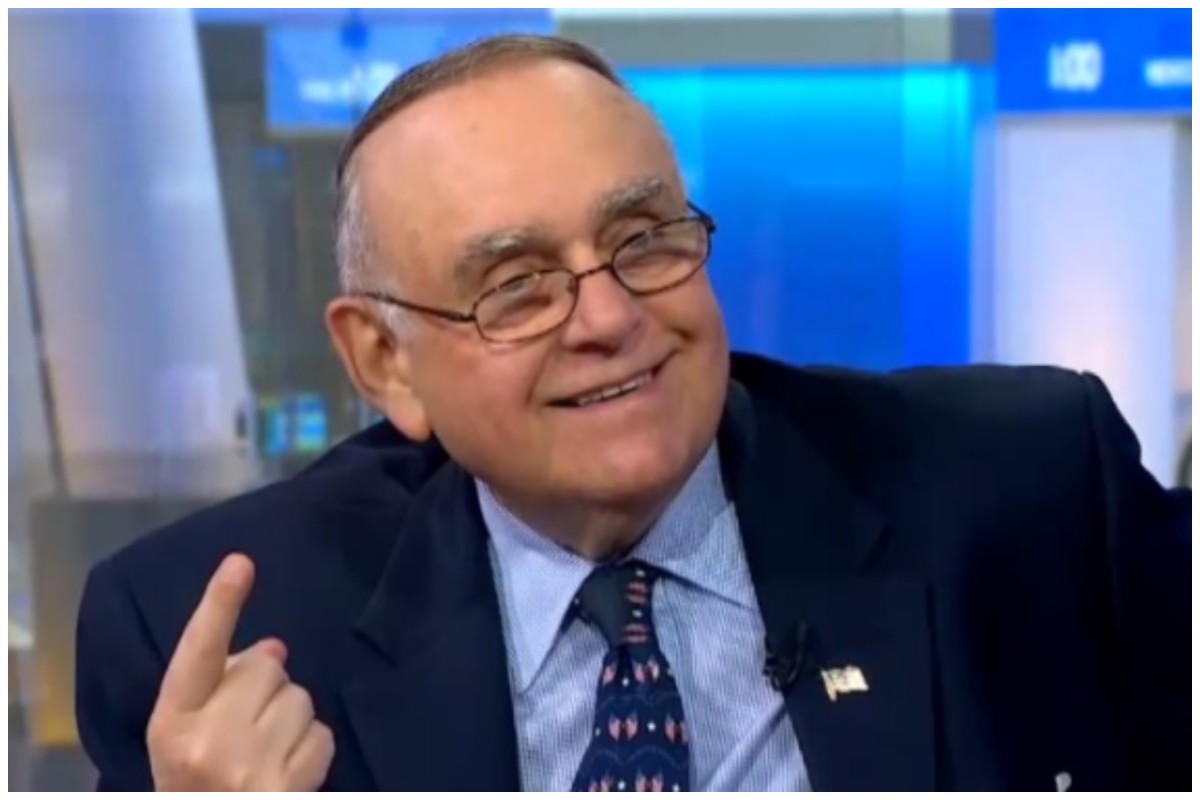Ed. note: This is the latest installment in a series of posts on motherhood in the legal profession, in partnership with our friends at MothersEsquire. Welcome Lashawn Paige McQueen to our pages. Click here if you’d like to donate to MothersEsquire.
I was never ready for motherhood, but then again who is ever really ready for parenthood? Coupled with being a new attorney … talk about sheer insanity!
I sheltered myself from civilization as a whole for the first two months of the year while I studied for the state’s bar exam. Once the month of March arrived, Pandora’s box had officially opened.
The pandemic had the world at a standstill; but not only did I, as well as the rest of the world, have to deal with the uncertainty of “quarantine life,” but it also highlighted a lot of things that would normally fall through the cracks of the day-to-day hustle and bustle.
I found myself sucked into each and every horrific story of racial injustice, and I felt more and more pessimistic, and, quite honestly, fearful of what this world had to offer my young child. As I sat on my couch watching on the television screen as yet another African-American life was taken senselessly, I felt the anger begin to emerge.
Since the age of seven, I have always known that I wanted to be an attorney; but I never really took the time to think about what I wanted to do with that title. While waiting for my test scores to be released, I spent the next three months really examining what direction it was that I wanted to go into with my career. I always knew that I had a passion for criminal law, but I began to feel conflicted as to whether prosecution was really the area that I wanted to work in or defense.
As story after story was released of Ahmaud Arbery to Breonna Taylor to George Floyd and countless others, I began to feel numb.
Taylor’s death in particular is what really shook me to my core. I watch my 1-year-old sleep peacefully in my bed (I know, she should be sleeping in her own bed. That’s another story; don’t judge me) and I couldn’t imagine, as a mother, how I would feel to receive a phone call in the middle of the night that my daughter’s life was taken while she was asleep. I looked at my little Black child’s big brown eyes filled with joy and laughter and I couldn’t help but to walk away because I didn’t want her to see me weeping; but not tears of sadness, tears of anger and despair.
I WAS, AND STILL AM, TIRED!
How, as a first-time mother, am I supposed to raise my daughter to know that she is a beautiful Black queen while the world is constantly showing her that her life does not matter?
How?!
How do I explain to her that I’m not just saying these positive words of affirmation to her because I am her mother, but that they actually are true while society portrays the exact opposite to her?
As a Black female living in America, I understand that that makes me a double minority. Even in the legal profession, less than 5% of attorneys are Black and less than 2% are Black females. So being a Black female attorney who is also a wife of a Black man and a mother to a Black daughter has been a very emotionally draining time.
Even now, having passed the bar and now working as a defense attorney, it can be exhausting walking into a courtroom, introducing myself as an attorney, and watching the eyebrows go up in shock.
I have spent a lot of time trying to brush things off my shoulders and just sum it up to “it is, what it is,” but unfortunately I have conditioned myself to be numb and to just be accepting of the racial disparities, the inequalities, and overall mistreatment of Black men and women.
I have had extensive conversations with my husband, who has also been emotionally affected by the killings of Black men and women in America, about what we can do as parents to raise our child in an environment where she can feel secure about her value as a future Black woman in this world:
1) “YOU ARE LOVED.” Remind her daily that she is loved. And not just by our actions, but actually being intentional about saying “I love you” so that she will never have to question it.
2) “YOU ARE SMART.” Often, even as adults, we question whether or not we are wise enough or if we are knowledgeable enough compared to others our age.
3) “YOU ARE BEAUTIFUL.” Studies show that 97% of women have “at least one negative thought about their body image every single day.” This rate is incredibly alarming, and most times the lack of self-esteem tends to be a foundational issue that starts from the home; so it’s important for us to remind her that she is beautiful in every way (and yes, we use the word “beautiful” with our 1-year-old and she understands what it means and how to pronounce it).
Now, here’s where I must confess something: I have noticed as of recently, that I have had to give myself pep talks and remind myself of these three things as well. As a wife, dog mom, new mom, and new attorney, living in a new state, I can do a phenomenal job at doubting myself. So I have to remind myself that I need to practice what I preach.
I wear a lot hats, none of which I intend on taking off, so I know that I need to put on my big girl panties and make it work. Being a Black woman in America is hard, being a Black female attorney is even harder, and being a Black mother to a Black daughter is the hardest; but despite that, I have always been up for any challenge because I know that ultimately, it’s all worth it, and I wouldn’t trade any of it for the world.
 Lashawn Paige McQueen is an Attorney at The Law Firm of Andre J. Smith, P.C. in Buckhead (Atlanta), Georgia. She practices Criminal Defense, Personal Injury, and Contract law. She also tutors pre-law students with the LSAT, law students, and law graduates with the bar exam. Attorney McQueen is married to her high school sweetheart, has two very energetic Miniature Australian Shepherds, and is a mother of a fun-loving and beautiful 1-year-old. When she’s not #lawyerlife, you can find her watching back-to-back episodes of “Blues Clues and You” with her daughter or on LinkedIn, Instagram, Facebook, Twitter, or all four while watching reality TV snuggled up under a blanket.
Lashawn Paige McQueen is an Attorney at The Law Firm of Andre J. Smith, P.C. in Buckhead (Atlanta), Georgia. She practices Criminal Defense, Personal Injury, and Contract law. She also tutors pre-law students with the LSAT, law students, and law graduates with the bar exam. Attorney McQueen is married to her high school sweetheart, has two very energetic Miniature Australian Shepherds, and is a mother of a fun-loving and beautiful 1-year-old. When she’s not #lawyerlife, you can find her watching back-to-back episodes of “Blues Clues and You” with her daughter or on LinkedIn, Instagram, Facebook, Twitter, or all four while watching reality TV snuggled up under a blanket.











 Jordan Rothman is a partner of
Jordan Rothman is a partner of 




